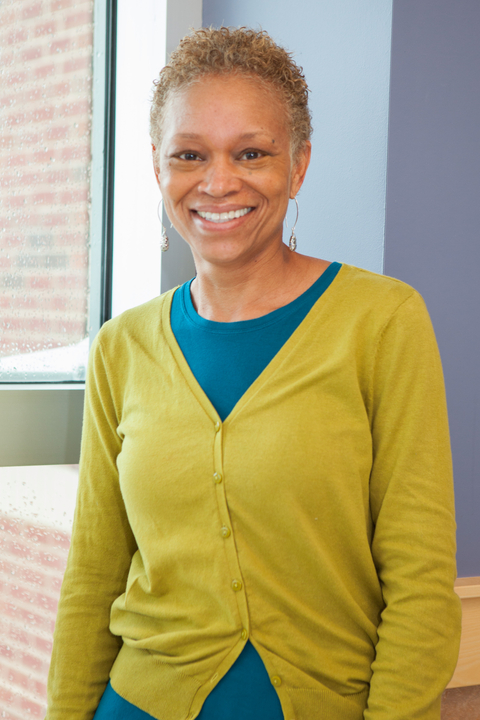Biography
Presenting Organizations supporting and uplifting PWDs: An International Glance
Chyrell D. Bellamy, PhD, MSW is Professor of Yale University’s Department of Psychiatry, Director of the Yale Program for Recovery and Community Health (PRCH), Director of Peer Support Services & Research and Director of the Yale Lived Experience Transformational Leadership Academy (LET(s)Lead). In addition, Dr. Bellamy is a Senior Policy Adviser for the Office of the Commissioner for the State of Connecticut Department of Mental Health and Addiction Services (DMHAS). Dr. Bellamy’s expertise is in 1) community based participatory research and co-design with communities of color and with communities of people living with psychiatric illness, substance use and addictions, HIV, homelessness, and incarceration histories; 2) research expertise on healthcare disparities: sociocultural pathways of recovery from illness and other transformative experiences; 3) development of culturally responsive interventions; 4) qualitative research methods; and 5) development and training on community and clinic based psychosocial and wellness interventions.
In her capacity as Director of Peer Services and Research she provides instruction on peer curricula development and training based on her research and practice experience with peer employees since 1993 (beginning with women living with HIV); training of peers to conduct research; research and evaluation on the effectiveness of peer support; and leadership training for people with lived experiences, via the LET(s)LEAD: Lived Experience Transformation Leadership Academy.
Dr. Bellamy brings personal and professional expertise as a frontline service provider, clinician, social worker, community educator and organizer, trainer, program evaluator, community and academic researcher in the health and behavioral health fields, and openly identifies as a person with lived experience of multiple marginalized identities including mental illness, trauma, and addictions, and these experiences inform her research and community practice.
